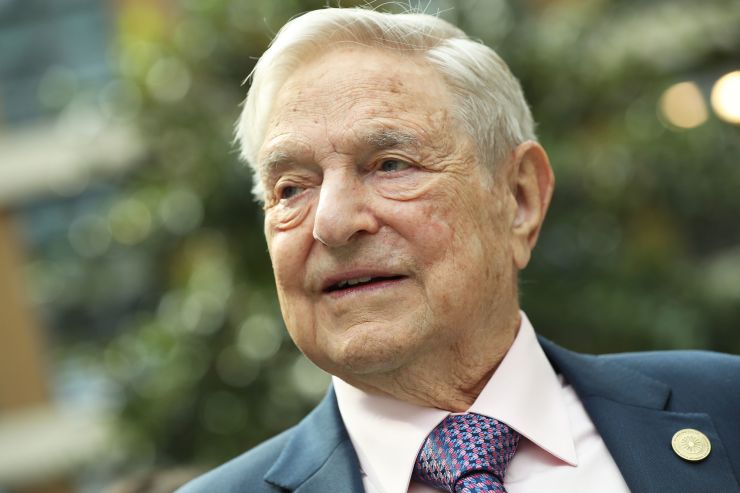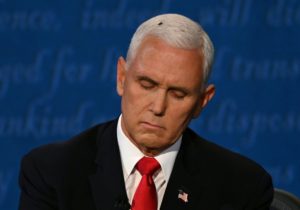
George Soros is often known as the man who broke the Bank of England, but he means different things to different people. The Chair of Soros Fund Management LLC, Soros is the unusual banker who has profitable extensively from disruptions in financial markets, but also someone who is avidly involved in democracy and human rights promotion through the Open Society Foundation. Soros’ philosophy regarding philanthropy and human rights promotion can be summed up in the following quote: “Trying to improve the world is more difficult than making money.”
How Soros actually “broke” the Bank of England is less well known. Pressures on the pound on September 16, 1992, forced England to withdraw the pound from the European Exchange Rate Mechanism. Georges Soros’s heavy shorting of the currency in response to Britain’s upping of its exchange rates soon led the British government to withdraw from the ERM as it begun to be clear that it was losing billions of dollars trying to buoy its currency artificially. Soros made a profit of $1 billion, earning him the reputation as the premier currency speculator in the world.
Perhaps beginning from this event, Soros has developed an odd balance of a bigger-than-life personality with very little media attention. The attempted bomb attacks in the past few weeks, including one on Soros, brought him back into the spotlight as an object of right-wing conspiracy theory. Soros’s activity, largely through his Foundation, of democracy promotion has been met with significant resistance from right-wing groups in the United States as well as in many Eastern European countries formerly under Soviet rule or influence, such as Hungary, Soros’ birth country.
Soros’ story is by now well known. Born in Hungary in 1930, he escaped the Nazis under the disguise of a Christian nephew of an important government official. He eventually settled in London and studied at the London School of Economics, where he encountered the ideas of philosopher Karl Popper. Soros’ “debut” on the world stage, was when in 2003, during Georgia’ Rose Revolution and the ousting of Eduard Shevardnadze and his replacement with a prime minister critical of Putin, Putin blamed Soros for the election of Mikheil Saakashvili. He quickly garnered a bad reputation among nationalists in countries such as Hungary, Croatia, and Poland.
During the 1970s, Soros financially supported many dissidents during the Solidarność (Solidarity) movement. Many Soros backed-pro democracy initiatives have been banned in Kazakhstan and Turkmenistan. Much of Soros’ work has to do with promoting the spirit of democracy — funding organizations that promote civil society and debate. In particular, Soros has been accused by man nationalist groups in Eastern Europe of suppressing dissent thought. One of Soros’ most controversial stances — that of granting Kosovo a free an autonomous state, has been met with much resistance in many of state of the Former Yugoslavia.
Anyone with Soros’ financial impact is bound to have some regrets about the domino effects or unintended consequences of their actions. However, the basic values which Soros stands for — a free and open society- is something worth fighting for. Whether it’s the conspiracy theorists in the United States or nationalists in Eastern Europe, arguments Soros are more motivated by antisemitism and fear of the unknown — necessary parts of the democratic process.
Perhaps the most important thing to know about Soros — that which controls his philosophies not only in democracy promotion but also regarding investment — is his idea that financial markets are inherently affected by human bias and that such biases can lead to disequilibrium. While disequilibrium in financial markets and democracy promotion in Eastern Europe don’t seem related, they illuminate the same basic principle — that democracy is a messy business, but that shouldn’t persuade us from striving for the ideal.
-Charles Moxley



